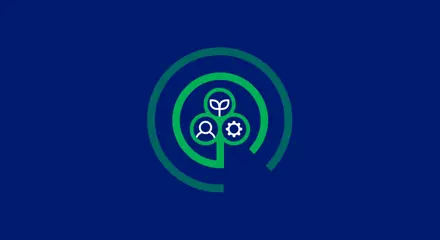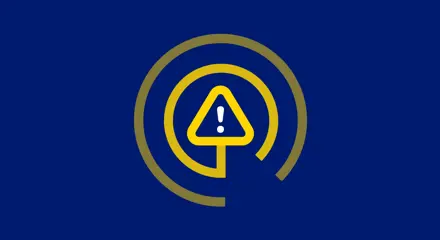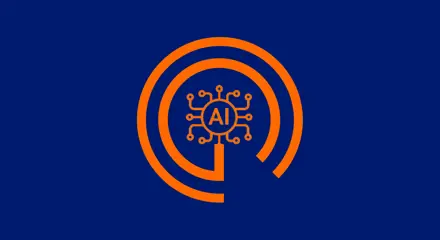Browse our range of governance resources, insight and advice, all worth valuable CPD hours and crucial to your development and performance.
G+C Magazine
G+C (short for Governance and Compliance) is the only UK magazine (digital and print) aimed at company secretaries and governance professionals across the corporate, not-for-profit and public sectors.

Our latest resources


Guidance Note
Charity Trustee Induction
This guidance sets out the steps you might want to take when a new trustee joins the board of your charity. New trustees need support to get up to speed with the charity’s governance, projects, operations, stakeholders and impact. This support is offered through an induction process.
Resources by type
Subject resource hubs
Governance professionals require a wide breadth of knowledge to be as effective as possible. Our subject resource hubs provide a one stop shop for all of the content around a particular topic The Institute has to offer.

Subject Resource Hub
Environmental, Social, and Governance (ESG)
With ESG-related issues being at the top of the list of priorities for many organisations, the breadth of the topic can make it difficult to navigate effectively. We have collated our ESG resources on one page to help you keep up to date with the latest developments.

Subject Resource Hub
Risk Management
What impact would it make if your team spent less time firefighting risk, regulatory and compliance issues? We are here to help you mitigate the effects of risk by providing you with the training and resources you need to identify and plan for potential issues, as well as keeping you informed on the latest developments.

Subject Resource Hub
Artificial Intelligence
For governance professionals, artificial intelligence offers opportunities that will shape the way their organisations work, from automation of repetitive tasks and data aggregation to drafting documents and supporting recruitment. It comes with just as many threats.









